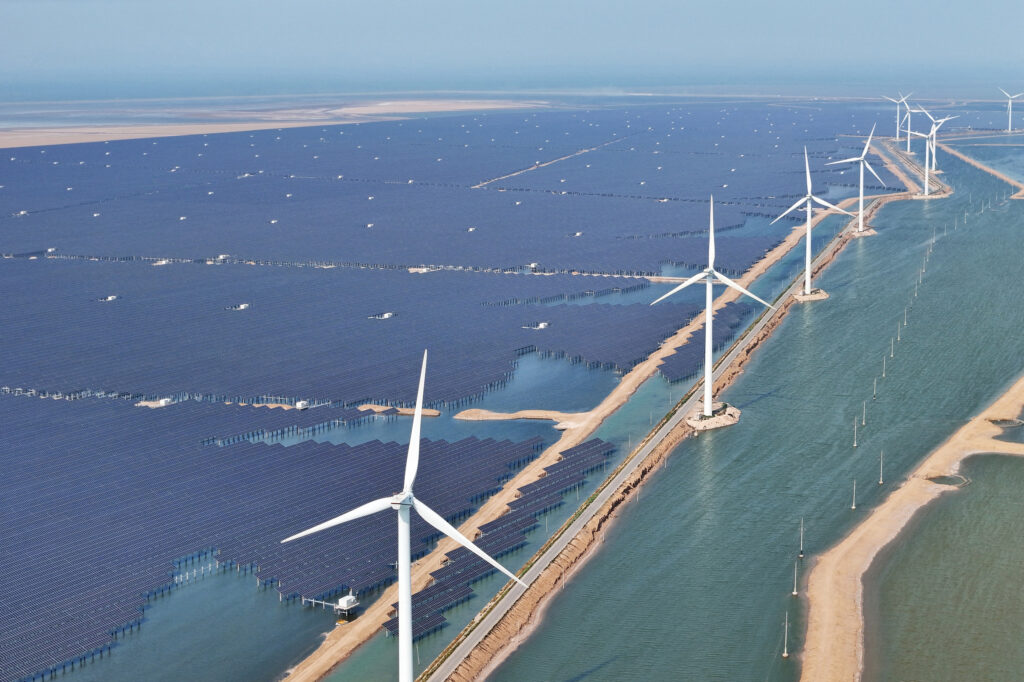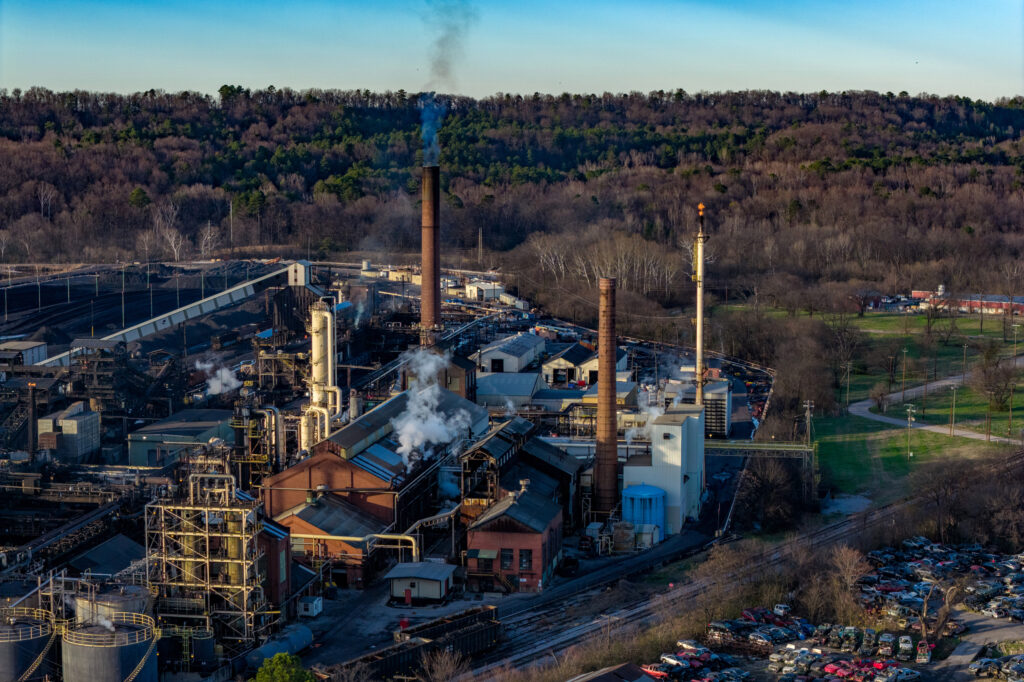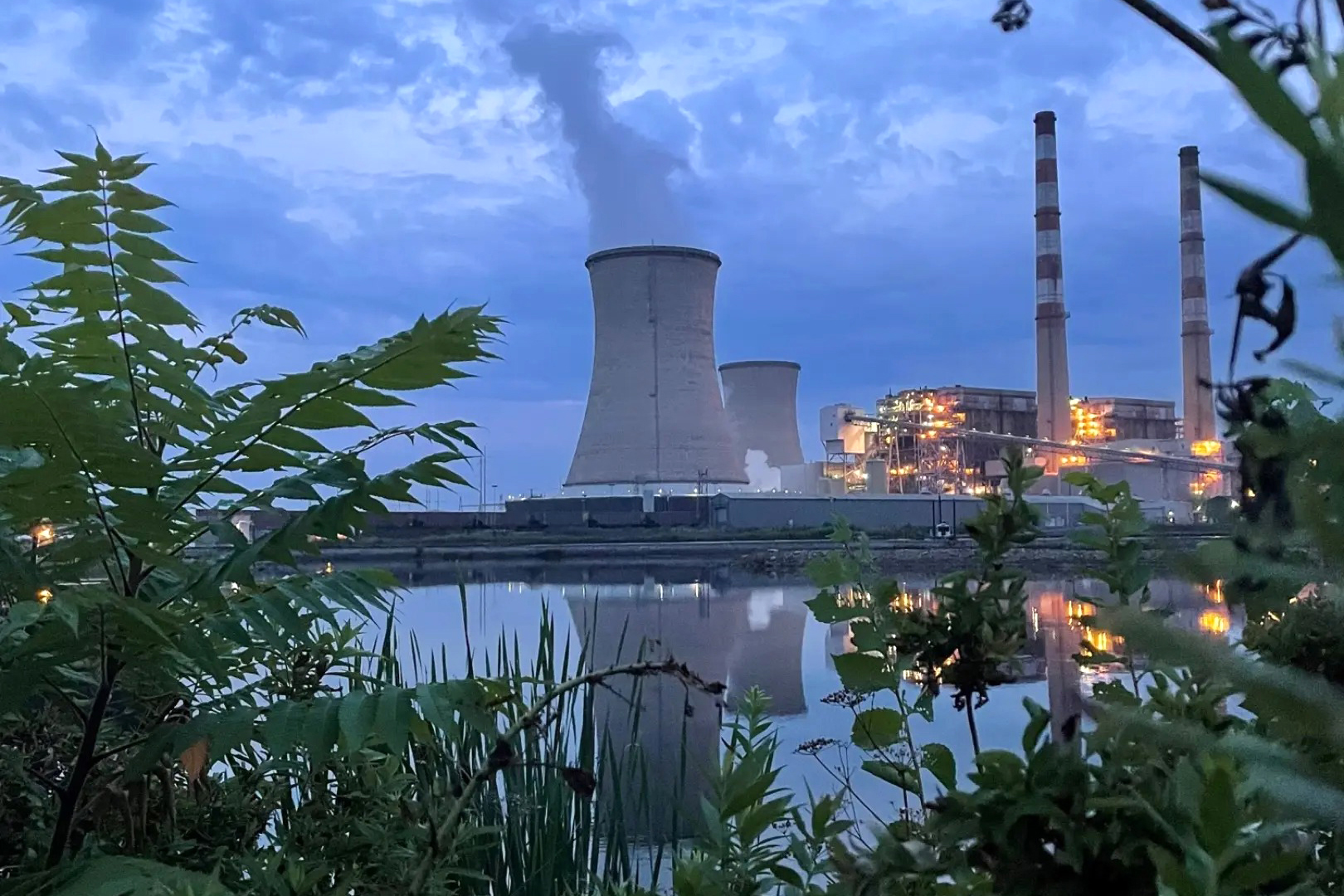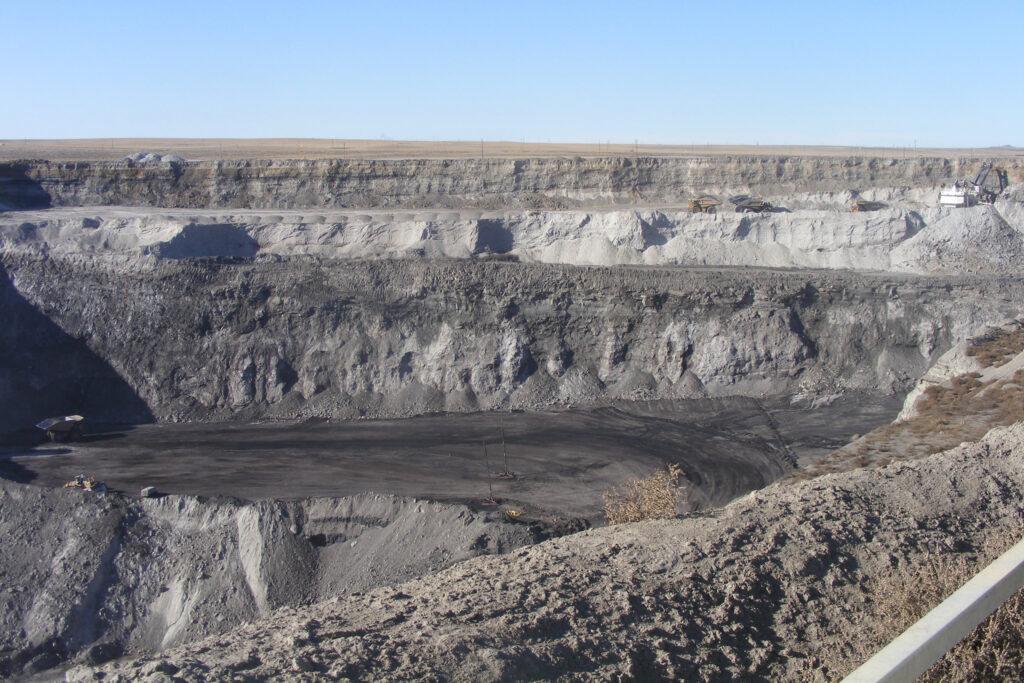Sacred Native American sites, public lands and undeveloped landscapes on and off shore are once again under threat from President Trump and congressional Republicans after the House Natural Resources Committee released draft legislation Friday that would make substantial changes to how fossil fuel companies doing, or hoping to do, business on public lands are regulated.
The text—the release of which is one in a series of steps oversight committees in Congress take in the formulating of bills authorizing government spending—cuts fossil fuel royalty rates, expands drilling on public lands and in the Arctic, reinstates canceled mining leases and cancels Western resource management plans that balanced conservation with development.
Environmentalists lambasted the draft for its possible effects on public lands, wildlife and the environment. “Republicans are treating our most precious wild places as nothing more than opportunities for industry to plunder, profit and pollute,” said Ashley Nunes, public lands policy specialist at the Center for Biological Diversity, in a statement.
We’re hiring!
Please take a look at the new openings in our newsroom.
See jobs
The draft made little sense at a time when the federal government is projected to lose revenue as President Trump and Republicans eye more tax cuts for billionaires, Nunes added in an interview with Inside Climate News, noting she and her organization do not support the tax breaks.
“They’re undermining their own ability to pay for that,” Nunes said.
If passed, the draft would cut the royalties fossil fuel companies pay the government for drilling on public lands to 12.5 percent—a rate first implemented in 1920 that remained unchanged until the Inflation Reduction Act raised it to 16.67 percent in 2022.
The draft legislation would increase fees for operating renewable energy on public lands by charging companies an “acreage rent.” Such a fee could handicap wind and solar projects that cover much more land than drilling projects.
“This legislation is for the benefit of polluters and to the detriment of a clean energy transition,” Nunes said.
The American Petroleum Institute, a trade group representing all segments of America’s natural gas and oil industry, called the draft a “once-in-a-generation opportunity” in a statement responding to the legislation. “From lease sales to expedited permitting processes, the committee’s proposal creates an unprecedented pathway for developing our vast natural resources on federal lands and waters for generations to come.”
Some of the most controversial impacts of the draft legislation may be felt in the West, where local communities say expanding oil and gas drilling is not only redundant—oil and gas production in the U.S. is at an all-time high—but counter to how communities want to use public lands.
This story is funded by readers like you.
Our nonprofit newsroom provides award-winning climate coverage free of charge and advertising. We rely on donations from readers like you to keep going. Please donate now to support our work.
Donate Now
Under the proposed text, the Secretary of Interior would be barred from enforcing Bureau of Land Management (BLM) resource management plans in Miles City, Montana, and Buffalo, Wyoming, which ban new coal mining leases in the Powder River Basin, and environmentalists and ranchers in the area do not want to see them overturned. The proposed text would also bar the Department of Interior from enforcing a BLM resource management plan in Rock Springs, Wyoming, where locals went through over a decade of painstaking debate and collaboration to arrive at a controversial compromise plan that elevated conservation onto equal footing with development.
“Congress should not be getting in the way of these local land-use plans,” said Julia Stuble, Wyoming state director for the Wilderness Society. Stuble said she was prepared for Trump’s BLM to write a new management plan for Rock Springs, but congressional involvement is not only redundant, it’s unprecedented. “Anybody who says they believe government closest to the people is the best government because that honors local community input should oppose the [resource management plans] prohibitions in this bill,” she said.
The House Committee on Natural Resources will convene on May 6 to begin debating and marking up the legislation, at which time lawmakers can strike language and make amendments. The draft then heads to the budget committee and from there, to a vote to the House floor.
About This Story
Perhaps you noticed: This story, like all the news we publish, is free to read. That’s because Inside Climate News is a 501c3 nonprofit organization. We do not charge a subscription fee, lock our news behind a paywall, or clutter our website with ads. We make our news on climate and the environment freely available to you and anyone who wants it.
That’s not all. We also share our news for free with scores of other media organizations around the country. Many of them can’t afford to do environmental journalism of their own. We’ve built bureaus from coast to coast to report local stories, collaborate with local newsrooms and co-publish articles so that this vital work is shared as widely as possible.
Two of us launched ICN in 2007. Six years later we earned a Pulitzer Prize for National Reporting, and now we run the oldest and largest dedicated climate newsroom in the nation. We tell the story in all its complexity. We hold polluters accountable. We expose environmental injustice. We debunk misinformation. We scrutinize solutions and inspire action.
Donations from readers like you fund every aspect of what we do. If you don’t already, will you support our ongoing work, our reporting on the biggest crisis facing our planet, and help us reach even more readers in more places?
Please take a moment to make a tax-deductible donation. Every one of them makes a difference.
Thank you,

















